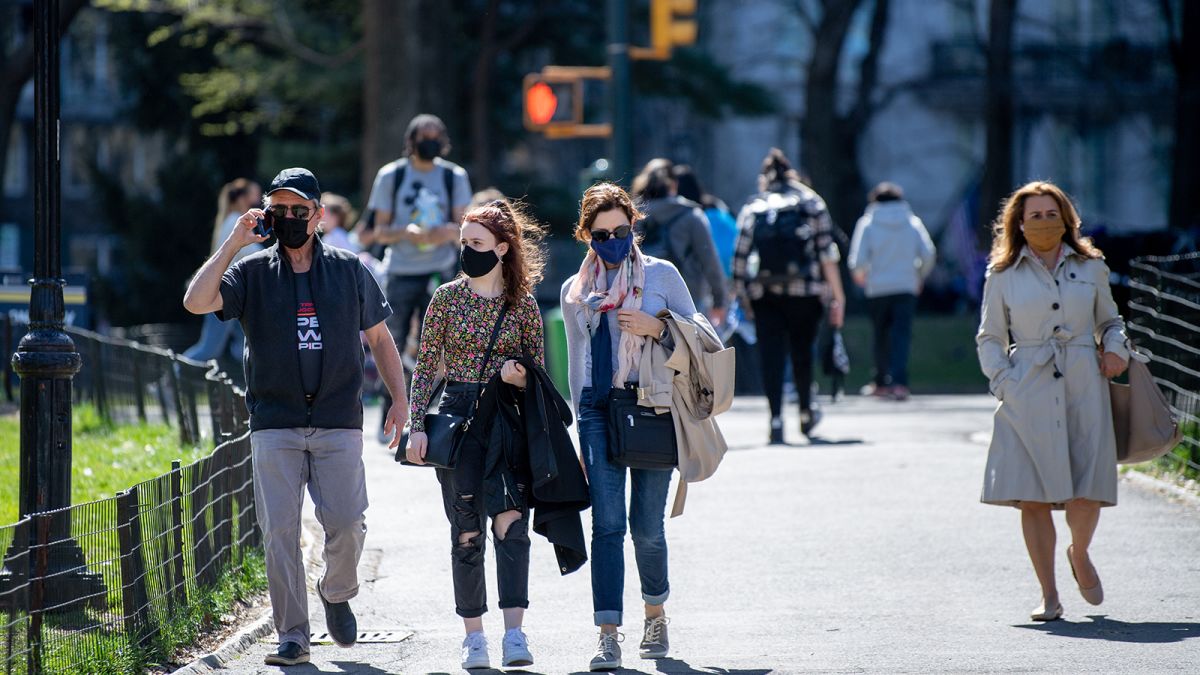Despite mobile dentistry for seniors having a lot of benefits, there are some challenges that you have to face if you have decided to offer mobile dental services. Visiting people who are unable to come to your brick-and-mortar clinic and treating them in nursing homes or at their homes is the best way to help people who would have otherwise missed out on getting quality mobile dental care services.
Current models for treating seniors
The involvement of dentistry with public health should be aimed at seniors and low-income communities, using vans outfitted as mobile dental offices. Services remain inaccessible by the elderly people who can afford them but are isolated due to their mobility challenges.
Mobile dentistry is individualized
Individualized mobile dentistry involves dentists using portable equipment and travelling to the patient’s location and completing the necessary services at nursing homes or the residence of the patient. A comprehensive treatment plan is designed to consider all psychological and medical factors. Dental procedures are typically performed without a patient leaving his or her residence.
In some cases, traveling to go and see a dentist may be complex due to health factors. However, dentists can accomplish comprehensive care if barriers are dealt with realistically. E.g., most endodontic procedures cannot be performed within the standard of care. Teeth that require complete endodontic therapy are removed. If they are not causing pain and with proper advice from the health team, such teeth can be temporarily retained. A mobile dental clinic can be able to perform certain procedures at the patient’s residence. Examples of these procedures include operative, periodontal, radiographic, preventive, prosthetic and surgical services.
Obstacles to mobile dentistry
Mobile dentistry faces a lot of obstacles but there are three main obstacles. First is the failure of the profession to consider alternative care models with their professional, financial, and personal advantages.
The second obstacle is that dental schools don’t educate their students in the management of private practices or the necessity to evaluate their financial responsibilities at graduation. The third obstacle is that caretakers or patients may fail to comprehend the extra costs for the services rendered by dentists. It is the duty of a mobile dentist to help patients understand the convenience and monetary value factors of getting rid of time-consuming tasks of preparing patients to leave their residence, the emotional and physical strain on the patient and the time for the caregiver of the patient to travel and wait at the dental clinic.
Financial factors
A lot of graduates face the burden of heavy education debt and most recent graduates face financial decisions without enough management skills. Bad financial decisions can negate the value of dental education and cause financial failure.
A lot of recent graduates choose to work in dental offices in which they can earn an average of about $500 per day. When working for other dentists, these associates don’t produce any patients for future practice. This is because contracts state that the records of the patient treated in the clinic belong to the practice. A better option is to start their own mobile dentistry for seniors as they work part-time as associates.




